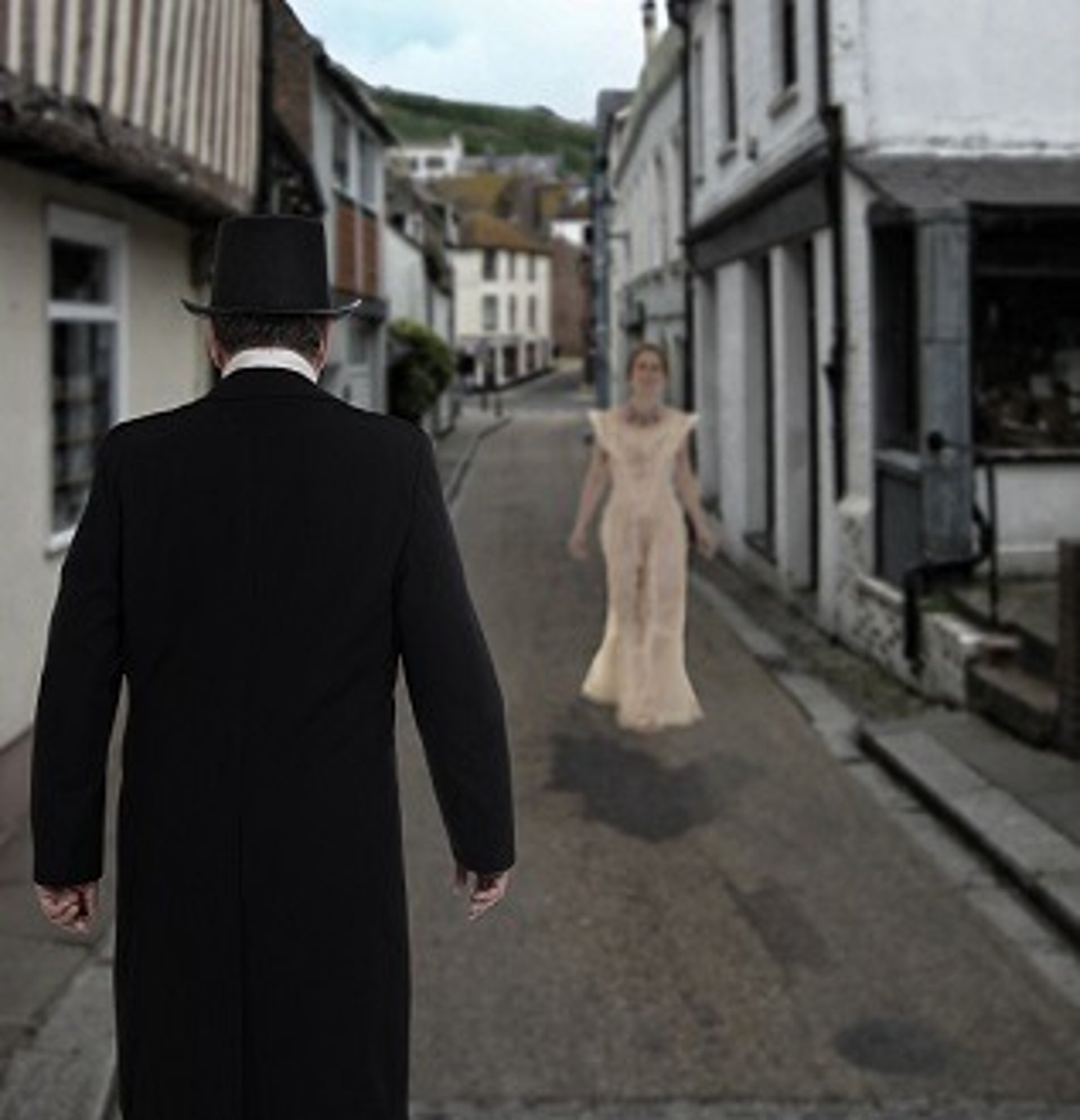
The Portal & The Experiment: An Excerpt
THE PORTAL
ONE
My name is Emily Montfort. When I was young, I thought my last name sounded quite exotic and that my ancestors were probably castle dwellers of noble descent. I was very creative in building my own mythology.
Nowadays I don't have the time or inclination for fantasies. I'm a pragmatic thirty-four year old living in Ottawa, Ontario, Canada's capital city.
I'm an only child. My mother developed Alzheimer's disease about three years before her death, and I became her caregiver. For those who've never witnessed the disease's ravaging effects on the mind and then, gradually, the body, I can only envy you and say that I truly hope you don't have to undergo this tragedy with someone you love. By the time my mother died, she'd gone from the slightly mischievous, quick-witted woman I'd known all my life to someone I didn't even recognize.
My mother was predeceased by my father so when she died, I inherited their small antique shop.
I live in an apartment above the shop. I have only to descend and mount the stairs―day and evening―to get to and leave work.
It's very convenient, if a bit circumscribing.
TWO
My parents were never major players in the competitive Ottawa antique business, but they were well-known for their contributions to the community. In addition to purchasing antiques, they bought beds, mattresses, couches, dishes, and other serviceable items they would donate to local homeless shelters and charities. Whenever there was news of a family displaced by a fire, I remember my mom being on the phone to the Salvation Army asking how she could help. So I was not surprised that my mother's funeral―and my father's before her―was so well-attended. Mom, no doubt, would have taken it in stride, but would have been secretly pleased at the turnout.
I remember one day at the beginning of her illness, I'd been reading to her until she fell asleep. I'd placed the book on my lap and was staring off into space, feeling particularly miserable, when suddenly I realized she was awake and watching me with her beautiful cornflower blue eyes. It was one of her rare moments of lucidity.
‘Please don't be so sad, Em. I know what's happening to me, and I'm grieving inside, and part of me is mad as hell and saying this can't be happening. But it's going to be harder for you than me, Em. And I want you to know something. And I'll say it now before I forget. I'm an ordinary person who's lived an ordinary life. I've known sorrows and I've known happiness, and I did the best I could with what I was given. I loved your father even though I could have cheerfully strangled him at times for his obstinacy. And I love you with all my heart and I'm so proud of you.
“Listen to me,” she laughed, “your father would say I'm waxing philosophical again. Such a die-hard stoic he was.” Her eyes misted with the memory of him.
“This isn't coming out the way I wanted it to, it's so difficult for me to concentrate any more, but while I still have a few thoughts to cobble together, I just want to tell you that it's okay to grieve for me after my death. But for my sake and yours, promise me you'll move on with your life.”
Mom gradually lost even the power of speech as the disease advanced. This would be the last time she spoke coherently to me.
THREE
When I was a teenager I used to love the weekend junkets I made with my parents in search of antiques. My parents had a standing wish list from their steady customers of items to look for on these trips. Sometimes we'd free-style in the small towns and countryside outside Ottawa. On these occasions we'd pack a picnic lunch and take in both advertised and unadvertised yard sales, checking for smaller items: primarily brass belt buckles, coins, and pocket watches. Occasionally we'd come across a real treasure such as an antique washstand barely recognizable beneath its layers of paint or a solid brass spittoon.
Of course my parents relied extensively on auctions and estate sales to replenish their stock. I was allowed to attend these events from a very early age with the understanding that I wouldn't try to bid on anything. For the most part, these gatherings in the countryside had a convivial and informal atmosphere that did not prevail at the stricter and more expensive auctions conducted in Ottawa where it was a given that items would fetch higher prices.
My father had grown up in Fredericton, New Brunswick, and had come to the nation's capital to study engineering at Carleton University. My mother, on the other hand, hailed from a small town in the Ottawa Valley. While my father had a dry―some would say non-existent―sense of humour, my mother loved to laugh and play jokes on people. How the two of them ever got together I'm not really sure, although I know they adored each other. My dad died of a heart attack shortly after their fortieth anniversary. Mom outlived him by almost a decade.
Dad was always looking for highway signs during these trips and cursing because there were so few of them. My mother would laugh at him and say, “We're out in the country now, dear, and the people who live here know there are only limited ways to get from one place to another. They obviously don't need signs to tell them that.”